Moodys
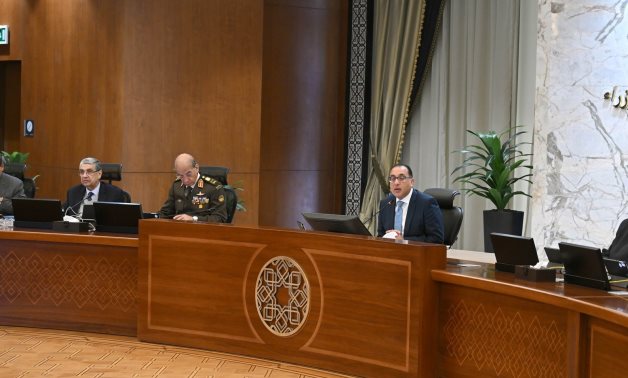
Prime Minister Mostafa Madbouli announced that remittances from Egyptian expatriates are gradually returning to their usual levels, particularly due to the narrowing gap between the official exchange rate and the black market rate.
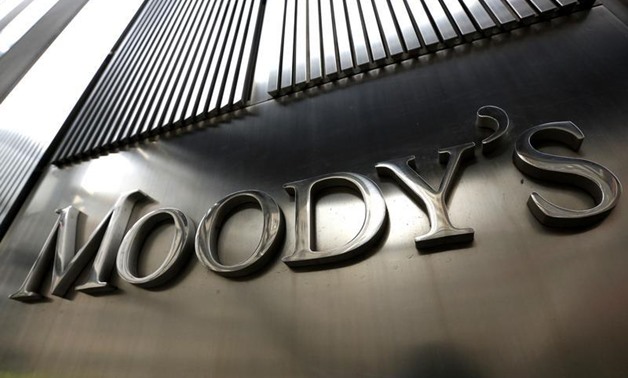
State-owned banks National Bank of Egypt, Banque Misr, and Banque du Caire, as well as Commercial International Bank (CIB) had their Caa1 long-term deposit ratings affirmed, with the Bank of Alexandria maintaining its B3 long-term deposit rating

According to a report by the rating agency, the shift in Egypt's outlook to positive is a reflection of significant official and bilateral support, along with marked policy measures taken in the past week. These actions, if sustained, are expected to support macroeconomic rebalancing.

The decision comes one week after the investor service’s downgrade of Egypt’s sovereign outlook to negative, citing increased risks caused by challenging macroeconomic and exchange rate rebalancing
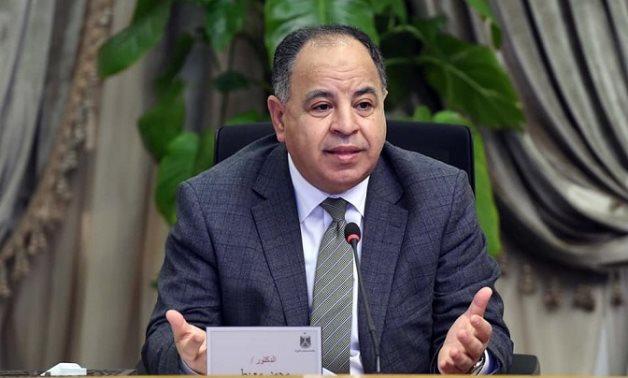
The Ministry of Finance has commented on Moody's Investors Service’s decision to maintain Egypt's sovereign credit rating at "Caa1" with a revised negative outlook, saying it “overlooks the government’s current efforts.”
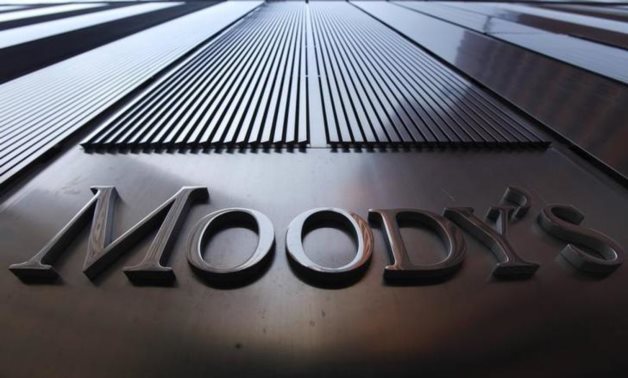
Moody's has revised Egypt's outlook from "stable" to "negative" due to growing concerns about the country's credit profile but kept its credit rating unchanged at “Caa1.”

International ratings agency, Moody’s, believes that, while the partial Red Sea blockade is expected to impact Egypt's current account receipts through the canal’s authority

This rating action is the second of the year, coinciding with the downgrade of Egypt's sovereign credit rating last Thursday.
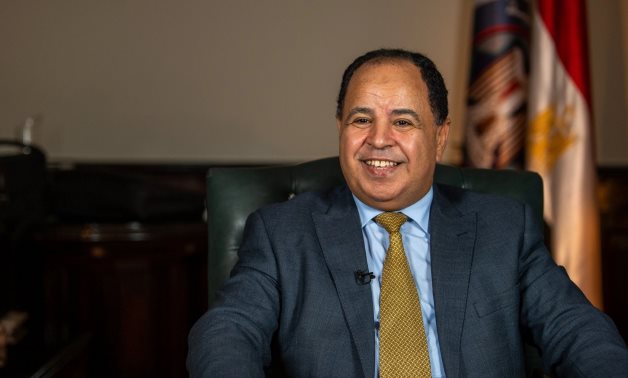
Moody’s latest report downgrades Egypt’s credit rating in local and foreign currencies from B3 to Caa1 with a stable outlook, which Maait stressed was based on external and internal challenges which have also negatively affected macroeconomic indicators globally

The ministry’s official statement added that Moody’s based its recent decision on the structural reforms taken recently by the Egyptian government to stimulate investment and empower the private sector

Moody's Investors Service (Moody's) has placed the B3 long-term local and foreign currency deposit ratings for review on all Moody's rated banks in Egypt.

The review period will focus on the government's ability to finalize the targeted $2 billion in asset sales necessary to meet the IMF program's financing targets for FY2023.

The agency explained that it took this decision in light of the fall of three banks, which prompted regulators to intervene on Sunday, with a plan to rescue depositors and other institutions affected by the crisis.
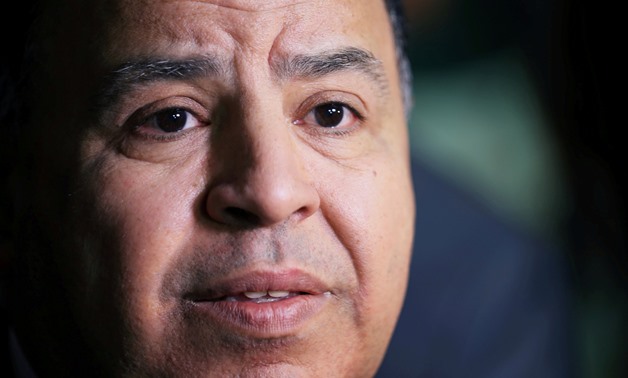
The minister explained that these measures contributed to Standard & Poor's fixing Egypt's credit rating with a stable outlook, especially in light of commitment to the pace of economic reform supported by the International Monetary Fund (IMF), with an agreement extending to 48 months.

Furthermore, Moody's downgraded Egypt's foreign-currency senior unsecured ratings to B3, and its foreign-currency senior unsecured MTN program rating to (P)B3.

This morning CBE raised its key interest rates by 100 basis points.

Moody's expects the Egyptian economy to grow 5.5 percent in the current fiscal year 2022-2021.

The Agency noted in a report that the Suez Canal represented almost 2 percent of Egypt’s GDP on average pre-pandemic, providing a significant contribution to total current account receipts.

‘The stable 2021 outlook for Egypt's banking system balances profitability and loan book pressures against sound liquidity and a stable government credit profile,” it stated.

“The credit profile of Egypt (issuer rating B2) is supported by "a3" economic strength, reflecting the country's large and diversified economy," it added.
Most Read